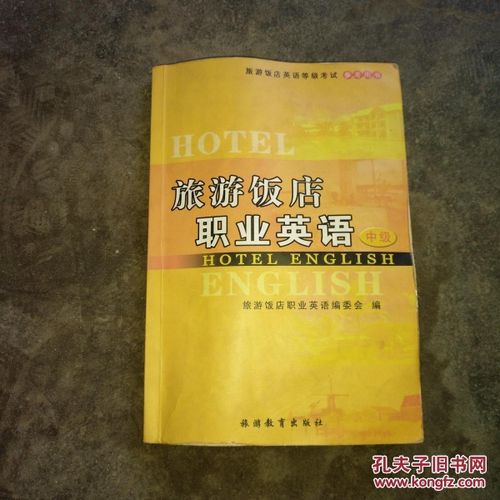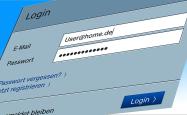旅游饭店英语中级
Advanced Professional English for Hospitality Industry
In the hospitality industry, effective communication in English is crucial for providing topnotch service and ensuring guest satisfaction. Whether you're a hotel manager, front desk staff, concierge, or housekeeping personnel, mastering advanced professional English can elevate your career and enhance the guest experience. Let's explore some key aspects of advanced professional English tailored for the hospitality sector.
When handling reservations and bookings, it's essential to be proficient in English to effectively communicate with guests. Use polite and formal language when confirming reservations and providing details about room availability, rates, and amenities. Ensure clarity and accuracy to avoid any misunderstandings.

Example Dialogue:
Guest: Good afternoon, I'd like to inquire about room availability for the weekend of June 15th to June 17th.
Staff: Certainly, let me check our availability for those dates. Yes, we have several room options available for your requested dates. Would you prefer a standard room or a deluxe suite?
As the face of the hotel, front desk staff should be proficient in handling various guest inquiries, requests, and complaints in English. Use active listening skills to understand guest needs and respond appropriately with empathy and professionalism.
Example Dialogue:
Guest: I'm experiencing some issues with the air conditioning in my room.
Staff: I apologize for the inconvenience, sir/madam. I'll immediately send our maintenance team to inspect the AC in your room and ensure it's working properly. In the meantime, would you like us to provide a portable fan?
Concierge staff play a vital role in providing personalized assistance and recommendations to guests. Advanced English skills are necessary to effectively communicate recommendations for dining, entertainment, and local attractions.
Example Dialogue:
Guest: Can you recommend a good seafood restaurant nearby?
Concierge: Certainly, I would recommend "Ocean View Restaurant" located just a few blocks away. They specialize in fresh seafood dishes and offer a stunning view of the waterfront. Shall I make a reservation for you?
Clear communication between housekeeping staff and guests is essential to ensure cleanliness and comfort during their stay. Use English phrases and terminology related to housekeeping tasks and guest requests.
Example Dialogue:
Guest: Could you please replenish the toiletries in my room?
Housekeeping: Of course, ma'am/sir. We'll promptly restock the toiletries in your room. Is there anything else you need for your convenience?
Guests may encounter issues or have complaints during their stay, and it's crucial to address them promptly and professionally. Use advanced English language skills to empathize with guests, apologize for any inconvenience, and offer appropriate solutions or compensation.
Example Dialogue:
Guest: I'm disappointed with the noise level from neighboring rooms.
Staff: I apologize for the disturbance, sir/madam. We'll take immediate measures to address the noise issue and ensure you have a comfortable stay. Additionally, we'd like to offer you a complimentary upgrade to a quieter room.
Mastery of advanced professional English in the hospitality industry is essential for delivering exceptional service, resolving guest issues, and fostering positive guest experiences. Continuous practice and improvement in language skills will not only benefit individual careers but also contribute to the overall success and reputation of the hotel.









